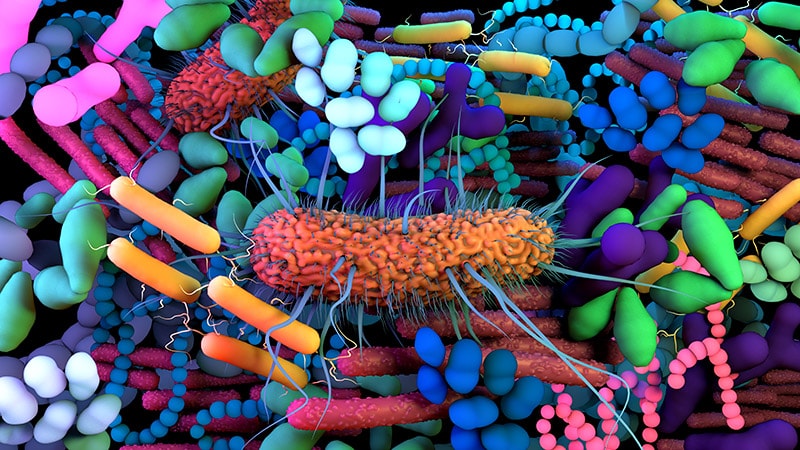Ongoing Debate and Challenges in Identifying Tumor-Associated Microbiomes
The article discusses the ongoing scientific debate surrounding the existence and implications of a "cancer microbiome" - the idea that tumors may harbor their own unique communities of bacteria, viruses, and fungi.
The controversy was heightened by a 2020 study that claimed to have identified distinct microbiome signatures across 33 different cancer types. However, this study was subsequently criticized by other researchers who argued that the findings were likely due to contamination and flaws in the methods.
The article outlines several key challenges in this field of research:
-
Uncertainty about whether tumors in internal organs beyond the gut and skin can truly harbor their own microbiomes, as the immune system is designed to eliminate microbes that cross the gut barrier.
-
Difficulties in obtaining reliable, uncontaminated samples from tumor tissues for analysis, as surgical procedures and hospital environments can introduce microbial signals.
-
Limitations in the available databases and bioinformatics tools for accurately identifying and classifying microbial species present in low-biomass samples.
Despite the controversies, the article notes that there is growing evidence supporting the importance of the gut microbiome in influencing cancer progression and treatment outcomes, particularly in the context of immunotherapy. Escaped gut bacteria may provide an immune system boost that aids in fighting tumors.
The article concludes that the field of tumor microbiome research is still evolving, and further studies testing the reproducibility of findings are essential for developing a better understanding of this area.
客製化摘要
使用 AI 重寫
產生引用格式
翻譯原文
翻譯成其他語言
產生心智圖
從原文內容
前往原文
www.medscape.com
The Long, Controversial Search for a 'Cancer Microbiome'
從以下內容提煉的關鍵洞見
by Tara Haelle 於 www.medscape.com 05-01-2024
https://www.medscape.com/viewarticle/long-controversial-search-cancer-microbiome-2024a10008fw
深入探究
